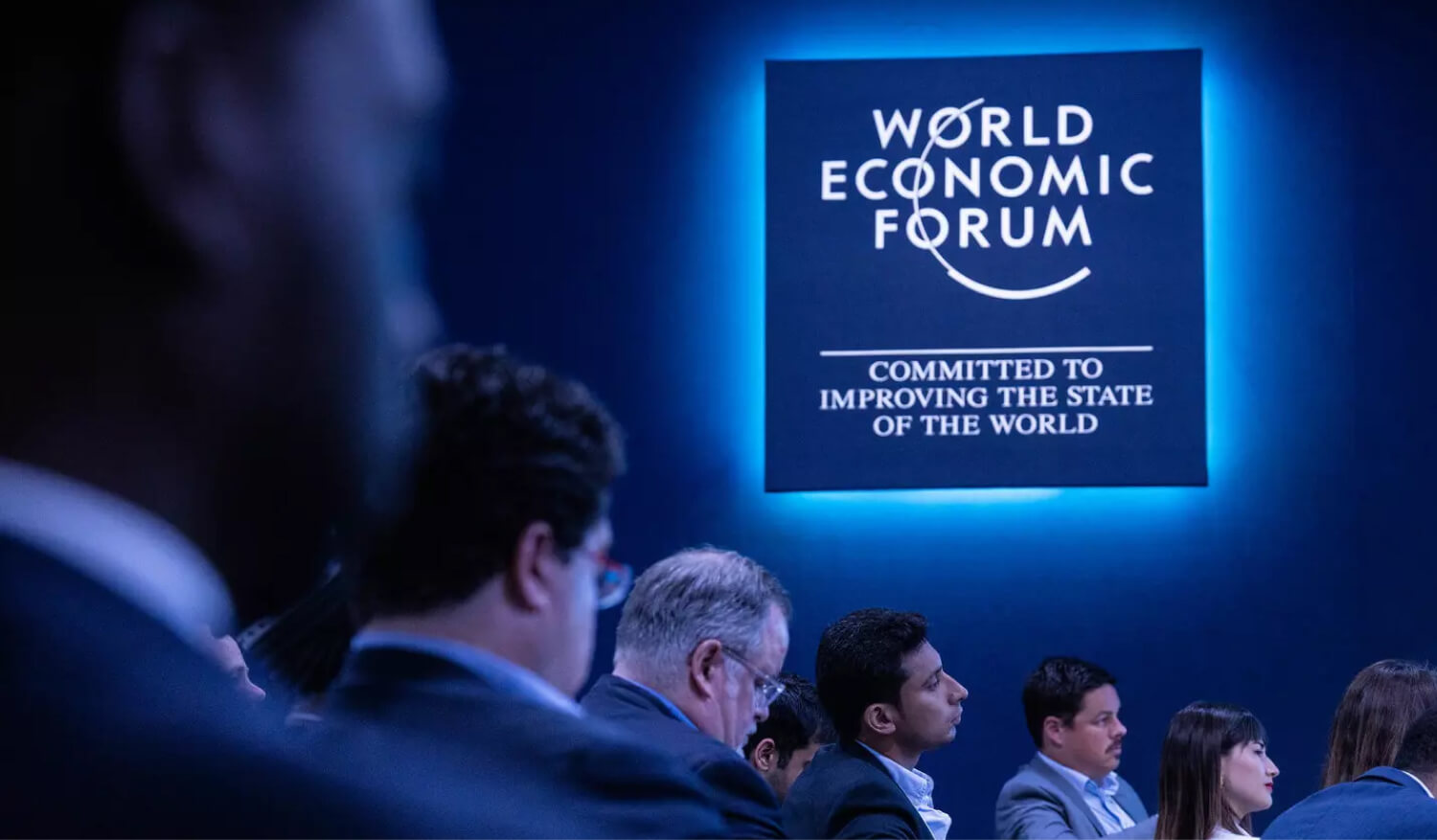Unlocking the Potential of the Metaverse: Key Insights from the World Economic Forum’s Reports

Interoperability in the Metaverse
“Interoperability in the Metaverse,” the first report, describes the metaverse as “a massively scaled and interoperable network of real-time rendered 3D virtual worlds capable of being witnessed synchronously and persistently by an effectively infinite number of users with an individual feeling of presence and with flow of data like history, entitlements, identity, objects, communications, and payments.” These real-time rendered worlds will be accessible via devices such as extended reality (XR) technology, computers, tablets, and smartphones.
According to the report, metaverse interoperability can provide significant opportunity and value for frictionless experiences, development, and economies. Users can move seamlessly between the physical and digital worlds by using relevant data, digital assets, and identities (s). This could increase consumer engagement while also providing efficiencies in commercial and industrial applications.
Interoperability may enable stakeholders to benefit from frictionless development – or network effects that deliver savings and efficiency across consumer, corporate, and industrial interaction paradigms. If interoperability balances privacy, security, and safety, frictionless economies allow for broader access, marketplace engagement through healthy competition, transactional efficiencies, and trust.
If interoperability balances privacy, security, and safety, frictionless economies allow for broader access, marketplace engagement through healthy competition, transactional efficiencies, and trust. These new market prospects will be able to leverage existing economies of scale while also delivering new possible revenue sources, access to fresh audiences, potential points of interaction for business collaborations and industrial logistics.
To achieve this frictionless condition, good metaverse system-wide interoperability must take into account issues like privacy, security, and safety. Given the metaverse’s borderless character, multistakeholder and multilateral collaboration will be needed to achieve agreement on design options, best practices, standards, and management operations.
To enable responsible metaverse interoperability, stakeholders must consider technical, usage, and jurisdictional aspects. Technical interoperability design addresses topics such as network constraints, asset ownership, intellectual property protections, payments, identity, data privacy, and security concerns at both hardware and software levels. Meanwhile, usage interoperability keeps users at the center of design, creating the metaverse globally, inclusively, and across demographics to ensure equitable experiences. Finally, jurisdictional interoperability must include best practices and standards for the entire data supply chain and across localities, industries, and nations.
READ ALSO: THE TECH TRENDS OF THE GLOBAL MARKET IN 2023
Demystifying the Consumer Metaverse
The second report, “Demystifying the Consumer Metaverse,” investigates the expected impact of the metaverse on consumers’ attitudes and behaviors, specifically how, where, and when they are likely to play, learn, earn, and socialize in their current reality or newly founded augmented and virtual realities.
As a result, in order to create true customer value, firms will need to rethink their brand image, adjust their connection model with consumers, and alter the way they monetize products and services.
They are expected to transition from providing goods and services to becoming active members of and contributors to the metaverse, bringing exciting new experiences and establishing communities to provide their clients’ with fulfillment and significance.
The research explores the consumer metaverse’s economic prospects and difficulties and offers an interdisciplinary view of the end-user experience layer, capturing the current technological environment and associated economic models that may lead the way for future expansion.
The key question is what makes up the metaverse and how can organizations and individuals create equitable economic value through it in.
Overall the Metaverse initiative aims to explore and create a holistic governance framework for the Metaverse, and these two reports serve as a starting point for further research and recommendations.
WHAT DOES OWNERSHIP OF YOUR DATA LOOK LIKE?
“It’s not just your photos. 3.4 billion people are playing games today. All of those digital items that they have inside those games. $200 billion of value generated last year alone. Actually, none of the players own any of those assets. But where this business will grow is when there’s interoperability. If you actually own it, you would have the freedom to take your assets from one game to another or maybe create new gaming experiences for those who want to create a new game based on someone else’s ownership, as we do in the physical world. Web3 to use blockchain as a way to validate basically this ownership, is it regulation? These are all things obviously that we’re trying to come to terms with.”
SIU YAT, CO-FOUNDER AND EXECUTIVE CHAIRMAN, ANIMOCA BRANDS LTD
“Accessibility is one thing that’s extremely important. We’re talking about accessibility not only in terms of disability, but we’re also talking so here we’re talking about, you know, people who have different insights, different, you know, preferences. They may we need to think about when it comes to the design of the headsets. We need to consider all of those requirements and also demographic and also geographic divides as well. We need to make sure that this doesn’t create another opportunity, another chance for the further digital divide to occur.”
CATHY LI, HEAD, SHAPING THE FUTURE OF MEDIA, ENTERTAINMENT & SPORT; MEMBER OF THE EXCOM, WORLD ECONOMIC FORUM GENEVA
“I hope in five years that it’s not a terminology that people are still trying to figure out. It’s an everyday practice that we don’t even acknowledge that it’s there because it’s so ingrained in everything that we do. So we don’t talk about the Internet because it’s part of our lives. So I believe in five years time, the metaverse will be part of our lives whether we like it or not.”
HUDA AL HASHIMI, DEPUTY MINISTER OF CABINET AFFAIRS FOR STRATEGIC AFFAIRS, OFFICE OF THE PRIME MINISTER OF THE UNITED ARAB EMIRATES